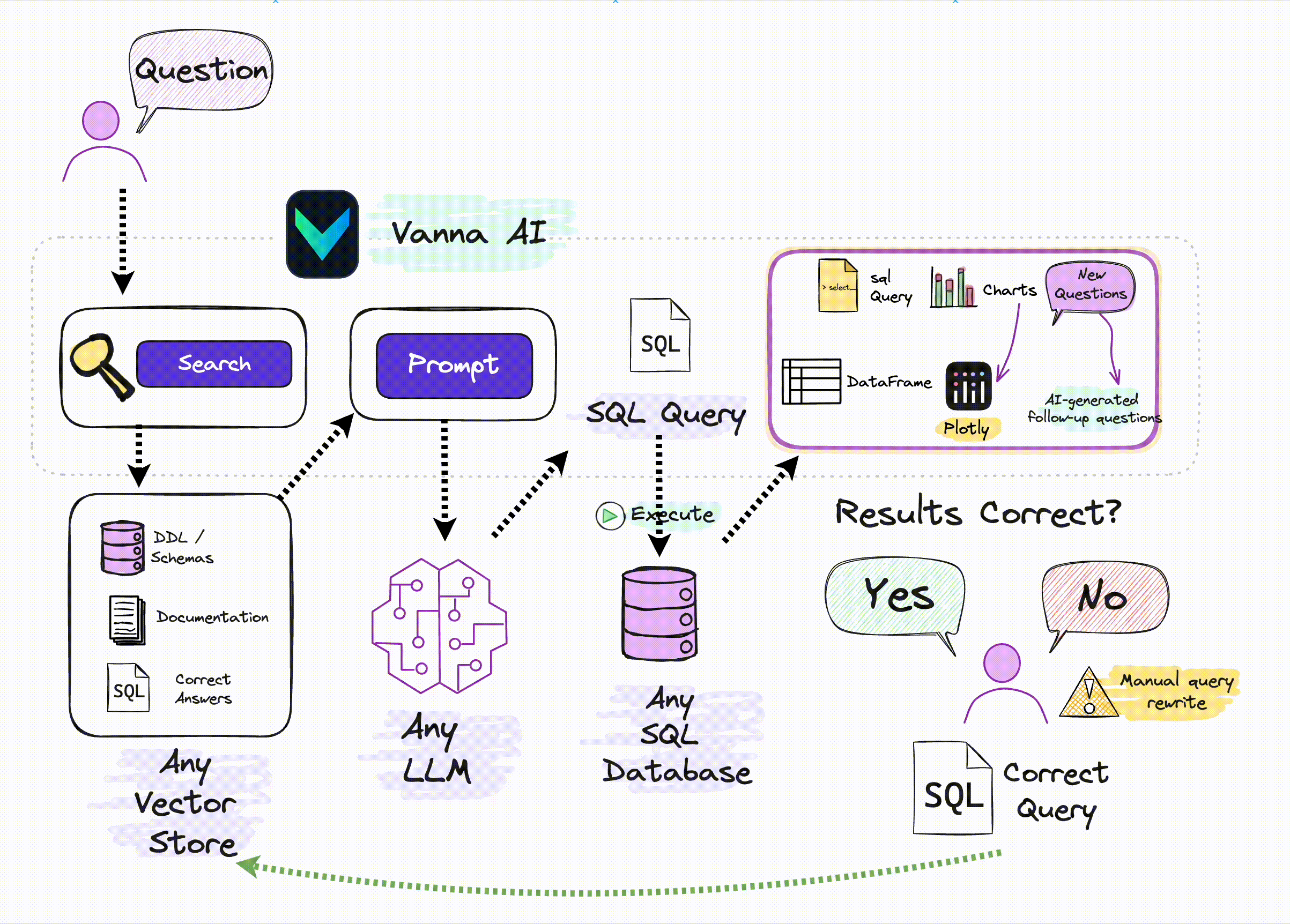Spend just 1 minute daily to get comprehensive updates on AI technology developments, industry trends, and market insights.
The content includes but is not limited to cutting-edge AI news, AI tools, AI painting, open-source projects, and learning tutorials.
Stay tuned to AI Daily for the latest in AI trends. For important information, detailed posts will be made separately.
Here is the latest AI information for July 10.
Cutting-edge News
1. Claude launches a feature to evaluate prompts in the developer console.
Supported by Claude 3.5 Sonnet, it allows users to describe tasks and automatically generate prompts and compare outputs, helping developers iterate and improve results faster.
Announcement: https://www.anthropic.com/news/evaluate-prompts

2. OpenAI researcher Lilian Weng publishes an article "External Hallucinations in LLMs".
The article discusses the issue of external hallucinations in large language models in detail, i.e., cases where the model's output is inconsistent with the pre-training dataset or the model fabricates information when answering questions.
The content includes the causes of hallucinations, detection methods, and strategies to reduce hallucinations, along with an introduction to related evaluation benchmarks.
Article link: https://lilianweng.github.io/posts/2024-07-07-hallucination/

3. Google's previously open-sourced Gemma 2 can now be experienced on AI Studio.
From previous test results, the 27B version of Gemma 2 is only slightly inferior to Llama 3 70B.
Experience link: https://aistudio.google.com/

AI Painting
1. A powerful new image editing/inpainting model, UltraEdit!
Allows image editing through prompts while maintaining style consistency. It can automatically identify content to be replaced and also supports masking for specific area editing.
Detailed introduction: https://ultra-editing.github.io/
Supports use with the SD3 model. Interested users can click the link below to try it out.
Online experience: https://huggingface.co/spaces/jeasinema/UltraEdit-SD3

Open-source Projects
1. A SQL generation AI framework Vanna, continuously trending on GitHub.
Allows you to train a unique RAG (retrieval-augmented generation) model on your data, and accurately generate SQL query statements and related functions through natural language.
It is very easy to use; you don't need to understand what RAG is or the principles behind it. A simple line of code completes the training. It supports mainstream models like ChatGPT, Claude, Gemini, and Llama.
GitHub: https://github.com/vanna-ai/vanna
Finally, the project is fully open-source, allowing self-deployment, providing great protection for data security.
